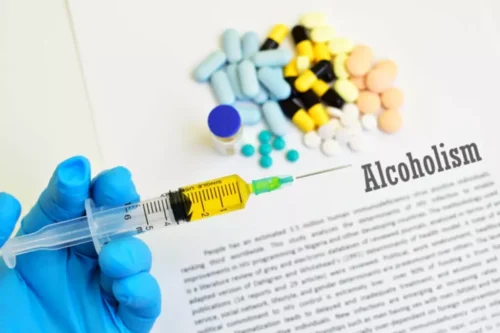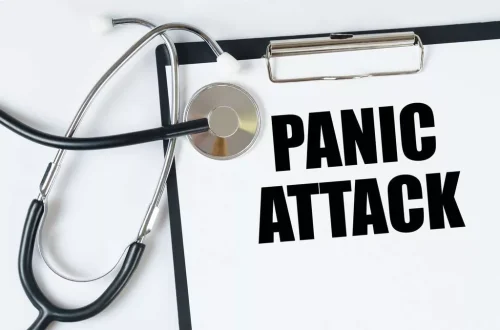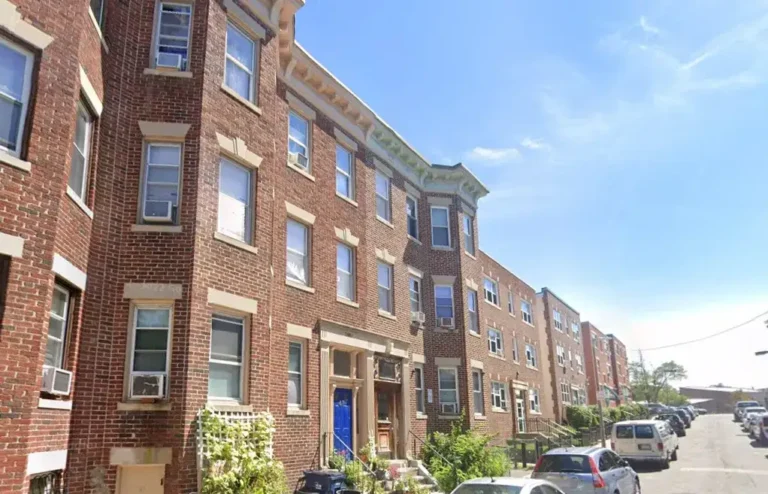
Support Groups for Families of Drug Addicted & Alcoholic Persons

Sobriety support groups generally do not accept insurance because they are not treatment facilities. Tempest operates under the assumption that addiction is the result of trying to escape from something else but that alcohol eventually becomes a problem on its own. For this reason, the membership programs involve looking deeply at the underlying causes of addiction, in addition to the secondary problem (the addiction itself). It also works with the hospitality industry to encourage more offerings to people who choose not to drink alcohol. SMART meetings are free to attend, but donations are accepted near the end of every meeting.
Does insurance cover online support groups?

The goal of the program is to promote abstinence from alcohol and other substances through positive lifestyle changes. It’s designed to empower individuals and transform lives from self-destructive to positive, constructive, and enjoyable. For individuals seeking alcohol addiction treatment in New York State, insurance coverage often plays a crucial role in making these services more accessible. Many insurance plans, including private and employer-sponsored, usually provide coverage for addiction treatment to some extent, allowing those with insurance to utilize their coverage to pay for treatment services. Contacting the insurance provider directly is important in understanding the specifics of the plan and how much of the treatment costs will be covered.
Starting with a Primary Care Provider
Each of these fee-based tools has a research base that shows its potential to help people cut down or quit drinking. Given the diverse biological processes that contribute to AUD, new medications are needed to provide a broader spectrum of treatment options. Currently, there are three medications approved for AUD in the United States, and they are an effective and important aid in the treatment of people with this condition. Some people are surprised to learn that there are medications on the market approved to treat AUD.

“The community we’ve created supports me—and I support them. It gives me comfort and purpose.”
For individuals without insurance, there are still options available to access treatment. Finding support while you’re dealing with addiction or alcohol use disorder can be challenging and overwhelming. Friends and family members may offer help but a structured group or program can be more effective in providing a plan that can keep you on track toward your goal of recovery. It provides a safe space for sharing your experiences and challenges, while also offering a new network to connect with as you try to live a sober lifestyle. Many of the online groups here offer 24/7 access to an online community and resources and tools that can help motivate and guide you. Best of all, most of these online sobriety groups require no membership fees.
Insurance companies may provide full or partial coverage for inpatient rehab, outpatient rehab, and other additional treatment services, depending on the company and plan. Daybreak, an Australian-based company, created an app to help you set a goal for your relationship with alcohol and provide resources on quitting or reducing your intake. Similar to popular dating apps, Sober Grid will find other sober people in your area using your GPS.
- The New Life Program aims to teach recovery tools focusing on self-esteem and spiritual and emotional growth.
- Ultimately, there is no one-size-fits-all solution, and what may work for one person may not be a good fit for someone else.
- Sobriety support groups generally do not accept insurance because they are not treatment facilities.
- These may include cognitive-behavioral therapy (CBT), group therapy, family therapy, holistic therapies, and more.
- Specific groups are available for members who are women, nonbinary, BIPOC (Black, Indigenous, and People of Color), or LGBTQIA+.
- Club Soda is a great group option if you are looking for live events that you can attend, a mindfulness approach to sobriety, as well as a searchable guide to alternatives to drinking alcohol.
- However, outside factors, such as a person’s motivation to abstain, can also determine how effective alcohol support groups are.
- At each of AAC’s treatment centers, a caring and compassionate addiction treatment team develops an individualized treatment plan for your loved one based on their needs.
Certain medications have been shown to effectively help people stop or reduce their drinking and avoid a return to drinking. 12-step facilitation therapy is an engagement strategy used in counseling sessions to increase an individual’s struggling with alcohol addiction active involvement in 12-step-based mutual-support groups. The evidence suggests that the free and flexible assistance provided by mutual-support groups can help people make and sustain beneficial changes and, thus, promote recovery.

Our picks of the best online sobriety and alcohol recovery support groups
These medications are prescribed by a primary care provider or other health care provider and may be used alone or in combination with counseling. There are a wide variety of mutual support programs available that offer different venues, locations and times of day to help you be successful on your path to recovery. Alcohol recovery programs provide excellent support for alcoholism issues and increase your chances of long-term sobriety. Alcohol support groups are for individuals seeking help in recovering from alcohol use disorder. Healthcare professionals may recommend a support group as part of a treatment plan for addiction recovery.

If someone you love is in danger due to addictive behaviors you can find treatment centers by going to the home page of our site and entering your zip code, or calling the number at the top. Alternatively you can contact the Substance Abuse and Mental Health Support Agency (SAMHSA) to speak with someone about where you can find addiction treatment for your loved one. In the meantime, do the smart thing and take care of yourself by visiting a support group like the ones mentioned in this page. CODEPENDENTS https://ecosoberhouse.com/ ANONYMOUS is a Twelve Step support group for people who are trying to regain healthy relationships with themselves and others after being subsumed into the drama of another’s addiction. Many people who join CoDA grew up in families with alcoholics/addicts, or have spent years in close relationships where they’ve felt compelled to control or save an addicted loved one. If you think you may fit into this group, you could evaluate your behavior patterns with the CoDA Checklist of symptoms.

Best Online Addiction Support Groups
This app offers on-the-go support, and people can fill out a diary in-app to manage goals and view their progress. Recovery Dharma has support groups across the United States, Canada, Europe, Australia, and Japan. The support group is free to use, and people can choose to go to meetings that only include people of their own gender identity. However, as this support group also aims to give people the tools to moderate their drinking, Moderation Management may not be as suitable for those who wish to abstain from alcohol entirely. Moderation Management aims to teach personal responsibility for choosing and maintaining a recovery path, whether that is abstinence or moderation in drinking. However, unlike some support groups, people will need to purchase a membership.